Medewerkers met het vakgebied Geografie
Wetenschap ontwikkelt zich waar verschillende vakgebieden samenkomen. Alleen al daarom bestaat er binnen de RUG een grote verscheidenheid aan vakgebieden, met daarbinnen een groot aantal vakspecialisten. Met behulp van onderstaand overzicht, gebaseerd op een vaststaande indeling van wetenschapsgebieden, vindt u op elk vakgebied de juiste deskundige. Komt de deskundige die u zoekt niet voor in deze lijst? Via een vergelijkbaar vakgebied of een gerelateerde faculteit vindt u mogelijk alsnog de juiste persoon.
Overzicht van alle vakgebieden
Complex networks | Machine learning | Innovation policy | Geography of Innovation | Geography of Sustainability Transitions
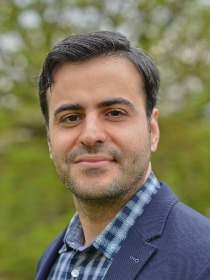
Contact
m.abbasiharofteh rug.nl
Functie
Universitair docent
Migration, Demography, Climate/Environmental Change, Remittances, Rural Development, Migration Governance
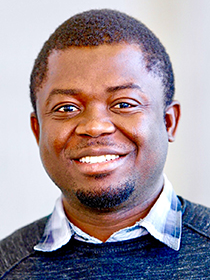
Contact
s.a.adaawen rug.nl
Functie
Assistent Professor
Economic Geography, Spatial Economics, Regional Science, Social and Spatial Inequalities, Happiness and Well-being, Migration, Spatial Microsimulation, Geoinformatics
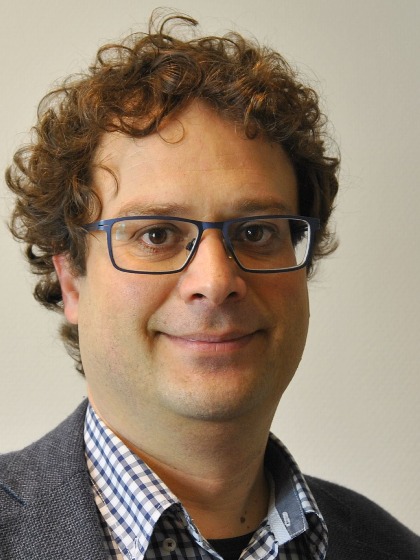
Contact
Functie
Hoogleraar Economische Geografie
Bijzonder geïnteresseerd in beeldvormingsprocessen, wanneer 'spaces' 'places' worden en hoe zulke processen beïnvloed worden via de strategie en organisatie van marketing en branding van steden, streken, regio's en landen.
Darnaast geïnteresseerd in alles... lees meer
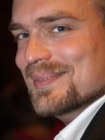
Contact
Functie
Docent
Dr. Leonieke Bolderman is Assistant Professor Geographies of Media and Culture at the University of Groningen, The Netherlands. Her research concerns the role of music, heritage and tourism in urban and regional development, as well as qualitative... lees meer
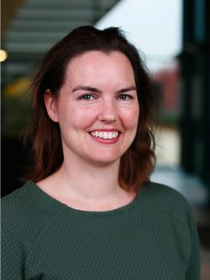
Contact
Functie
Assistant Professor Geographies of Media and Culture
Vakgebied
Economische geografie; (duurzaam) ondernemerschap, regionale ontwikkeling en brede welvaart, ageing-in-place, kwetsbare groepen, kwaliteit van leven en subjectief welzijn; leef omgeving; digitale inclusie; mixed methodes.
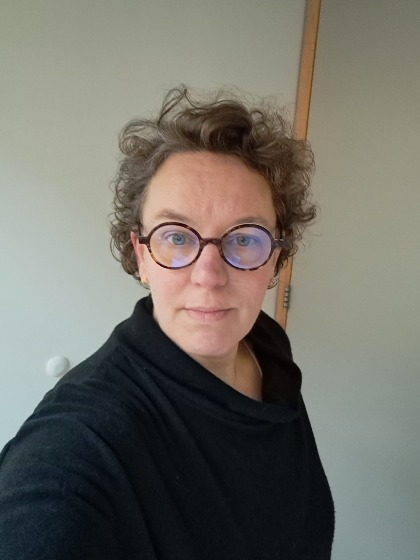
My PhD research focuses on participatory art projects in the Dutch province of Fryslân. Central notions are art, rural communities, participation and 'mienskip'.
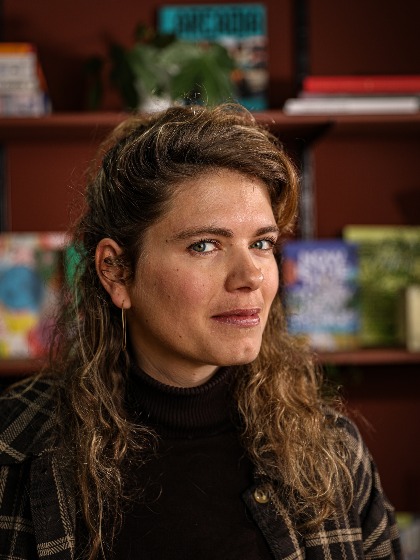
Contact
Functie
PhD project: "Content at the Margins? How Rural Youth (Dis)engage with Debates on Sustainable Development". This is an interdisciplinary project drawing on rural and cultural geography and media studies.
The project aims to understand how rural youth,... lees meer
The project aims to understand how rural youth,... lees meer
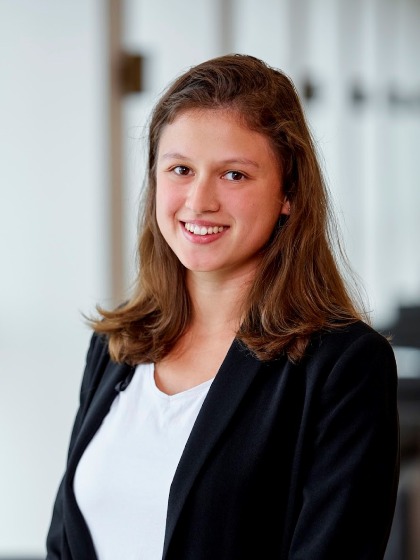
Dr. Arjan Conijn has an interest in the interaction of people and water. He mainly studies this interaction from a landscape perspective he developed during his interdisciplinary studies Landscape Architecture (BSc at Wageningen University) and Landscape... read more
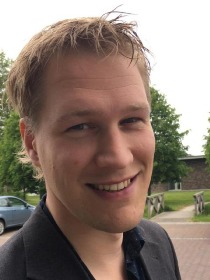
Contact
Functie
Postdoc onderzoeker Living dikes
Vakgebied
The geography of real estate investments and land use in cities and regions.
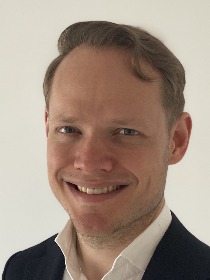
Contact
Functie
Assistant Professor and Theme Director
Vakgebied
Sustainable development, Energy, Arctisch gebied, Canada, Nunavut, plaats identiteiten
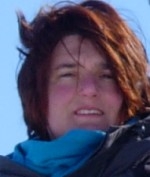
Contact
Functie
Researcher
Vakgebied
Studentuitwisseling, Voortgezet Onderwijs, Veldwerk, Onderwijskwaliteitszorg, Employability
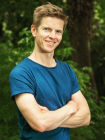
Contact
Functie
International Office at Faculty of Spatial Sciences, you can make an appointment via calendly.com/h-c-diederiks
Vakgebied
culturele gevolgen van klimaatverandering; Indigenous ervaringen met klimaatverandering; Indigenous ways of knowing
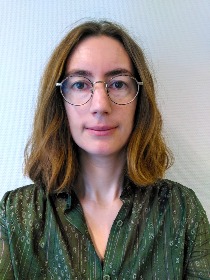
Contact
i.c.van.dijk rug.nl
Functie
PhD onderzoeker
My research is about how groups of people share their dreams and ideas with the prospect of collaborating in making places that work. Who talks with whom about what at what moment in what way? These questions determine whether they succeed in forging a... lees meer
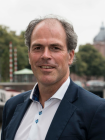
Contact
Functie
Universitair HoofdDocent (UHD) Planning en Ontwerp
Everyday places and experiences of in- and exclusion; senses of belonging; memory work; postcolonialism; diaspora and forced migration. Aside from these themes, I am interested in ethics, reflexivity, positionality and participatory/decolonizing... lees meer
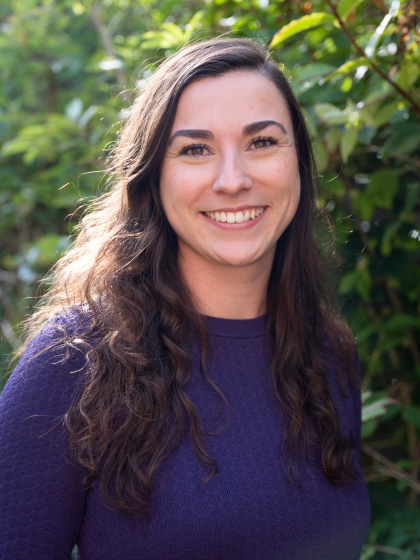
Subjective Wellbeing, Ageing, Qualitative research, In-depth interviewing, Participatory research

My research focuses on the relationships between tourism, culture, political economy, and urban change, with broader interests in governance, creativity, and communities in times of transition. My current work examines the implications of post-disaster... lees meer
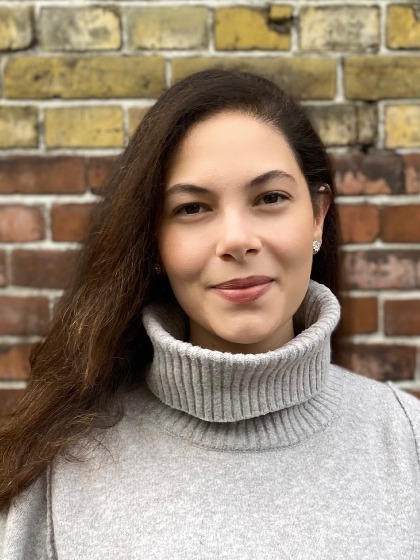
Contact
n.el.alam rug.nl
Functie
PhD student
Bezoek https://spatial-panels.com/?page_id=2
voor Matlab software van spatial panels en spatial econometrische modellen.
July 5, 2023: Jean Paelinck Award for Distinguished Sustained Scholarship in Regional Science Methods pdf with motivation
voor Matlab software van spatial panels en spatial econometrische modellen.
July 5, 2023: Jean Paelinck Award for Distinguished Sustained Scholarship in Regional Science Methods pdf with motivation
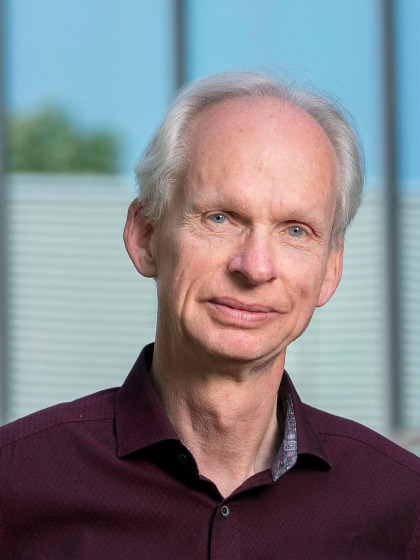
Contact
Functie
Emeritus professor Ruimtelijke Econometrie
How can entrepreneurs and business contribute to solving complex social problems? The answer to this question becomes more pressing in a world where existing solutions are not delivering enough impact. Traditionally, we have looked at governments,... lees meer
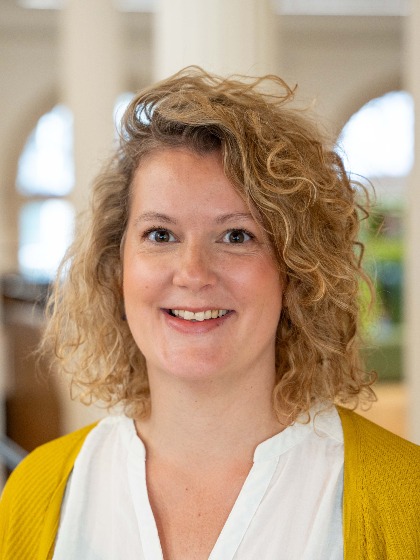
Contact
e.c.folmer rug.nl
Functie
Assistant professor sustainable entrepreneurship
Vakgebied
Regionale identiteiten; filmindustrie
Mijn PhD project richt zich op verschillende stakeholders in de Noord-Nederlandse filmsector in relatie tot regionale identiteiten. Dit is een interfacultair project tussen de faculteiten van Letteren en Ruimtelijke... lees meer
Mijn PhD project richt zich op verschillende stakeholders in de Noord-Nederlandse filmsector in relatie tot regionale identiteiten. Dit is een interfacultair project tussen de faculteiten van Letteren en Ruimtelijke... lees meer
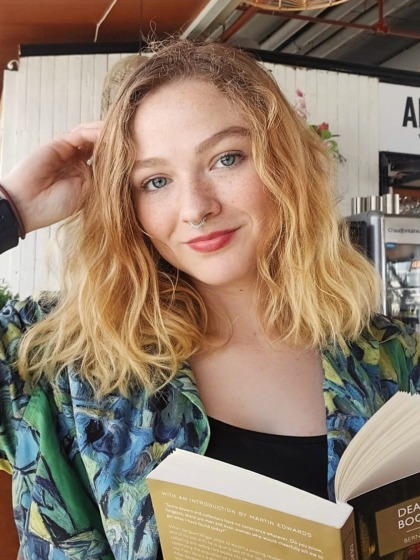
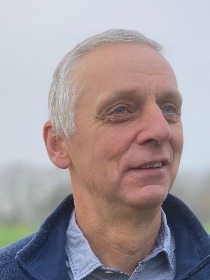
Contact
Functie
Professor by special appointment of ecological landscape history on behalf of Stichting Groninger Universiteitsfonds
Vakgebied
Cultureel erfgoed
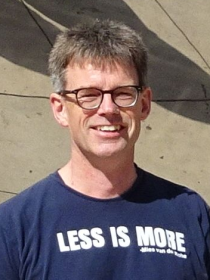
Contact
Functie
Universitair Hoofddocent
Rural Geography
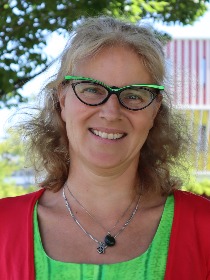
Contact
Functie
Hoogleraar Plattelandsgeografie
Vakgebied
Seksuele voorlichting; kinderwens; reproductieve autonomie; seksuele en reproductieve gezondheid en rechten; kwalitatief onderzoek; participatief actieonderzoek
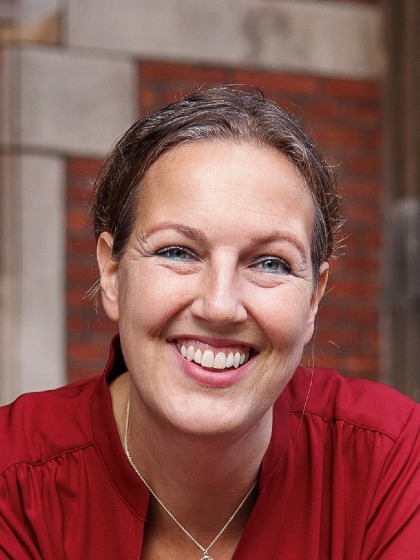
Philippe Hanna is an Assistant Professor of Spatial Planning and Impact Assessment at the University of Groningen, bringing over two decades of anthropological experience to the field of Impact Assessment. His career is based on extensive collaboration... lees meer
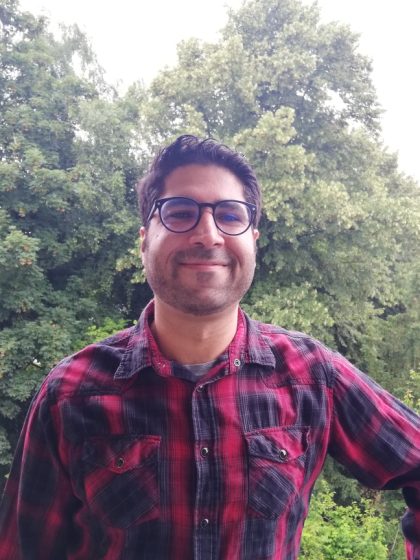
Contact
Functie
Assistant Professor in Spatial Planning and Impact Assessment
Agentgebaseerde Modellering, Complexiteitswetenschap, Machine Learning, Digitale Planning, Analyse van Sociale Netwerken, Sociale Media, Platform-Urbanisme, Stedelijk Bestuur

Contact
j.he rug.nl
Functie
Postdoctoraal onderzoeker
Ecologische en milieu-economie
Agrarische economie
Economie en beleid
Plattelandsontwikkeling
Natuurinclusiviteit
Agrarische economie
Economie en beleid
Plattelandsontwikkeling
Natuurinclusiviteit
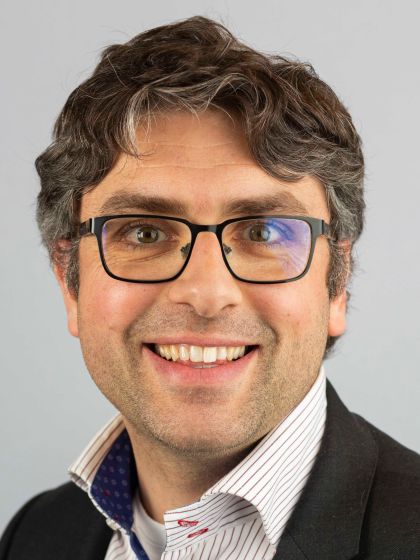
Contact
c.m.van.der.heide rug.nl
Functie
Bijzonder hoogleraar Natuurinclusieve Plattelandsontwikkeling
- Residential mobility and careers of youth/young adults in rural areas
- Regional identities and place attachments
- Geography Education (aardrijkskunde)
- Landscapes
- Community forestry, India
- Agricultural value chain, Kenya & Ethiopia
- Citizen... lees meer
- Regional identities and place attachments
- Geography Education (aardrijkskunde)
- Landscapes
- Community forestry, India
- Agricultural value chain, Kenya & Ethiopia
- Citizen... lees meer

Contact
h.hofstede rug.nl
Functie
Docent Sociale Geografie
Duurzaamheid, Klimaatactie en -verandering, Transformatie, Plaats-specifieke lokale en regionale ruimtelijke ontwikkeling (Place-based development); (inter)subjectieve aspecten van planning (perceptie, betekenisgeving, verhalen, identiteit); Waarden;... lees meer
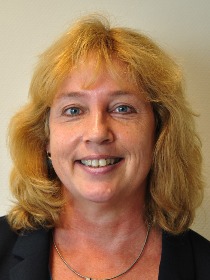
Contact
l.g.horlings rug.nl
Functie
Full Prof. Dr. Socio-Spatial Planning
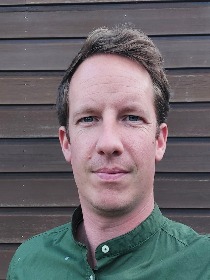
Kwalitatieve methoden, participerend onderzoek en visuele methoden, inclusie en exclusie, disability, jongeren, ouderen, welzijn, leefbaarheid, stedelijke context, science-meets-arts, sociaal kapitaal
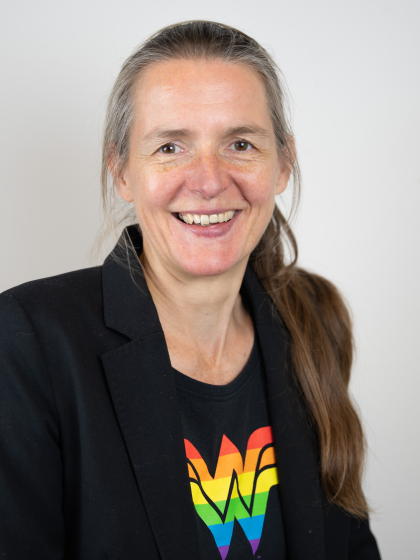
Contact
Functie
Aletta Jacobs Leerstoel 'Place, Social Change and Collaborative Research for Wellbeing and Justice'
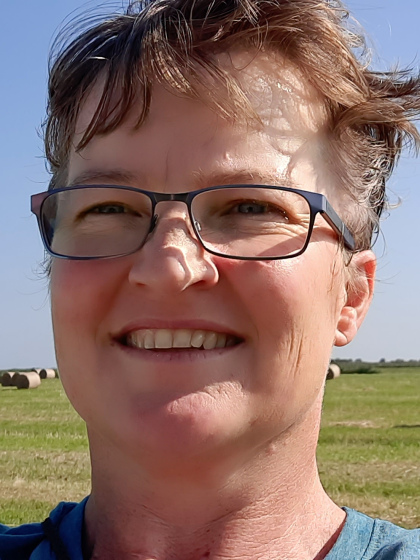
Contact
r.a.howison-fraser rug.nl
Functie
Angelo Jonas Imperiale focusses on the resilience and wellbeing of local communities living in vulnerable regions. He explores the knowledge and governance strategies, planning frameworks (i.e. Social Impact Assessment) and community engagement approaches... read more
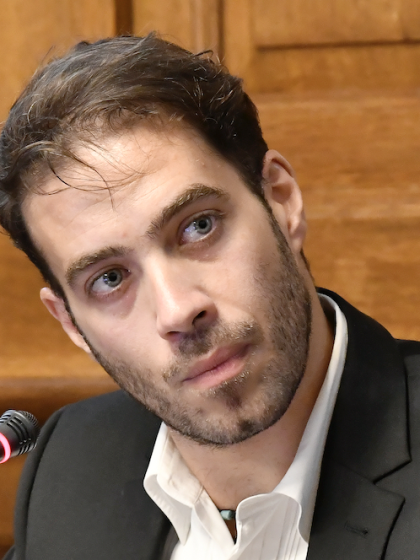
Contact
Functie
Lecturer and Researcher
Youth geographies, identity negotiation, lived religion, everyday experiences of inclusion and exclusion, qualitative research methods and positionality and reflexivity.
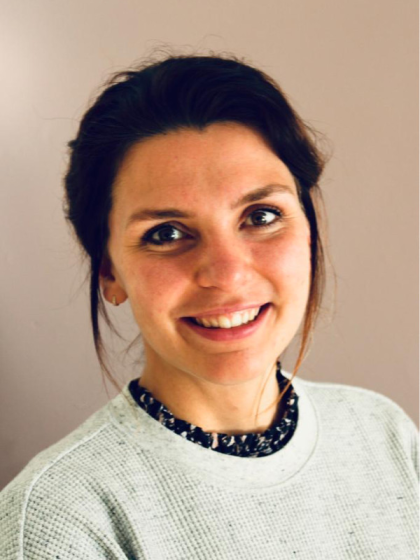
Economic Geography, Regional labour markets, Data Science, Natural language processing (NLP), Machine learning
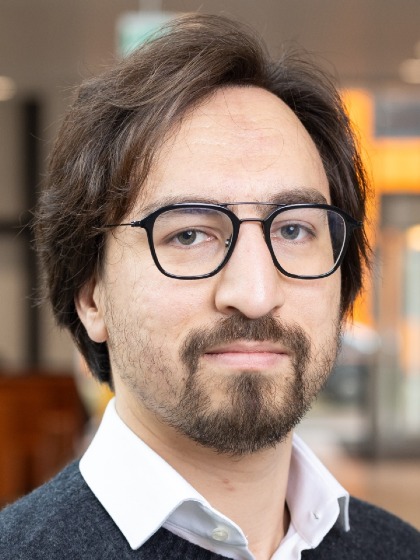
Contact
i.p.s.kema rug.nl
Functie
Promovendus
Political Geography, Economic Geography, Regional Science, Social and Spatial Inequalities, Happiness and Well-being, Migration
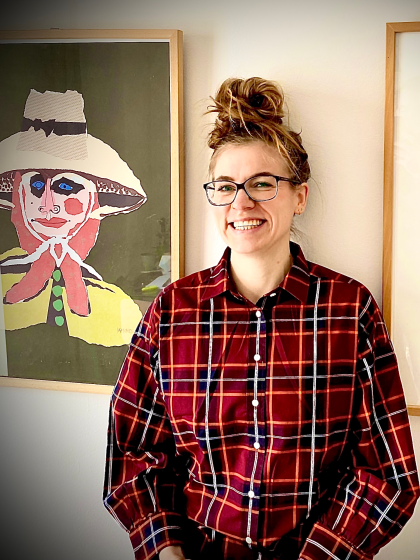
Contact
m.l.c.koeppen rug.nl
Functie
PhD Candidate/ Lecturer
Regionaal Economische Ontwikkeling en Ondernemerschap
Regionale Arbeidsmarkten en Vaardigheden
Regionale Sociaal-economische Ongelijkheid
Regionale Arbeidsmarkten en Vaardigheden
Regionale Sociaal-economische Ongelijkheid
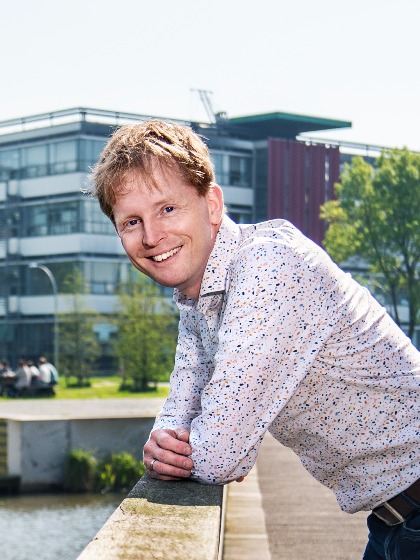
Contact
Functie
Hoogleraar Economische Geografie en Arbeidsmarktdynamiek
Middeleeuwse en vroegmoderne ontwikkeling van landmeten in West-Europa
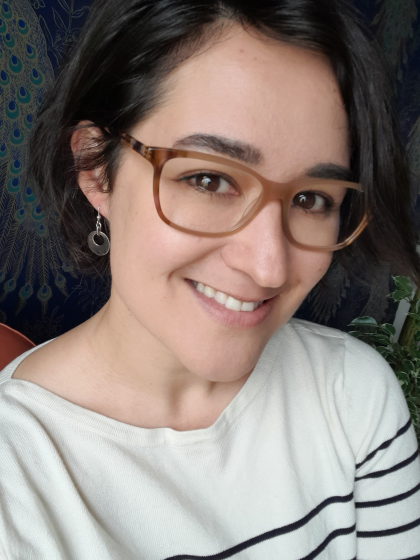
Contact
Functie
PhD student
Ik doe onderzoek naar de geografie van ongelijkheid, armoede en sociale exclusie, met name in steden. Mijn expertise is in de volgende domeinen en raakvlakken daartussen;
- belevingsperspectief op armoede en uitsluiting
- opgroeien in achterstandswijken
-... lees meer
- belevingsperspectief op armoede en uitsluiting
- opgroeien in achterstandswijken
-... lees meer
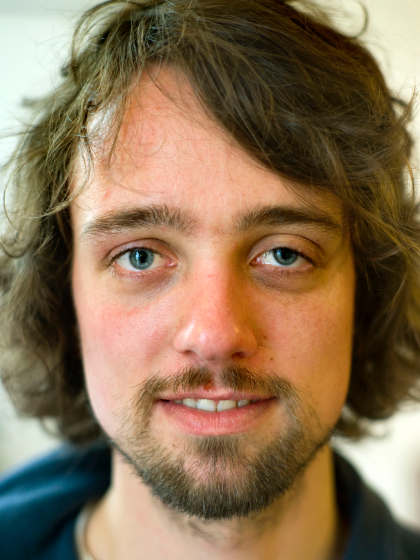
Contact
Functie
Universitair docent stedelijke armoede & ongelijkheid
Geographies of discontent; populism; place and politics; qualitative research methods
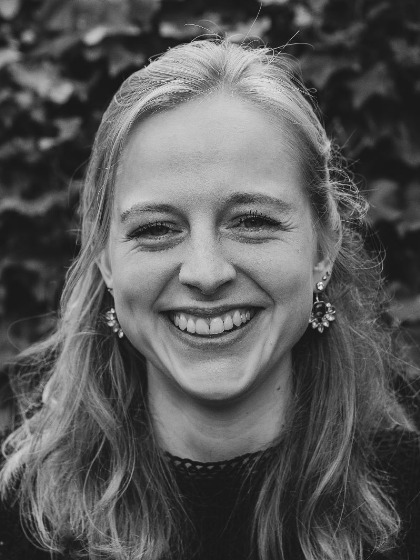
Culturele Geografie
Epidemiologie
Kwalitatief Onderzoek
Gezondheid in een ruimtelijke context
Epidemiologie
Kwalitatief Onderzoek
Gezondheid in een ruimtelijke context
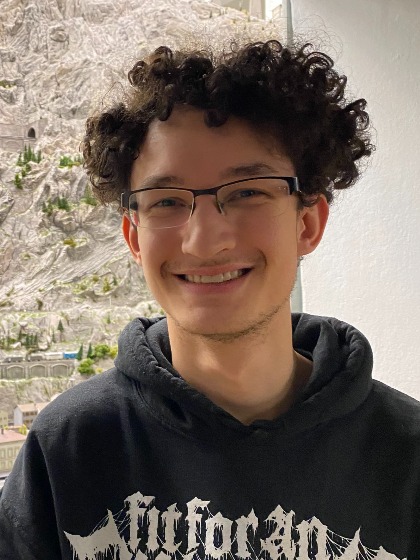
rural governance, rural gender, rural geography, qualitative research methods
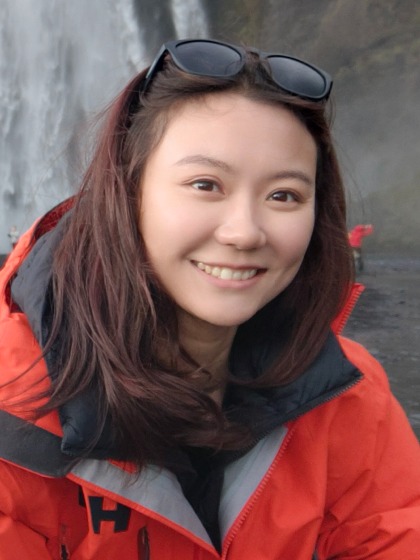
Qualitative research methods
Health Geography
Older adult mobility experiences
Health Geography
Older adult mobility experiences
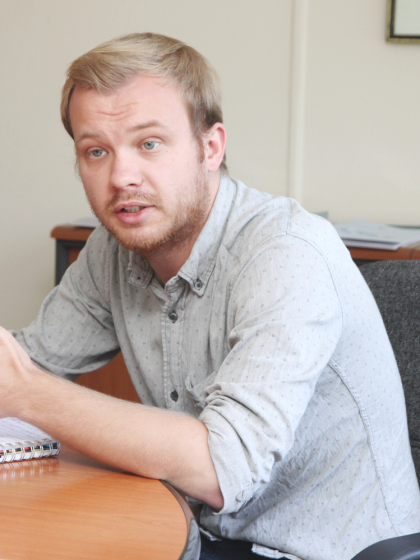
Contact
t.a.lowe rug.nl
Functie
Paleoecologie / Paleoklimaatologie
Klimaat wetenschap
Kunstmatige Intelligentie
Klimaat wetenschap
Kunstmatige Intelligentie
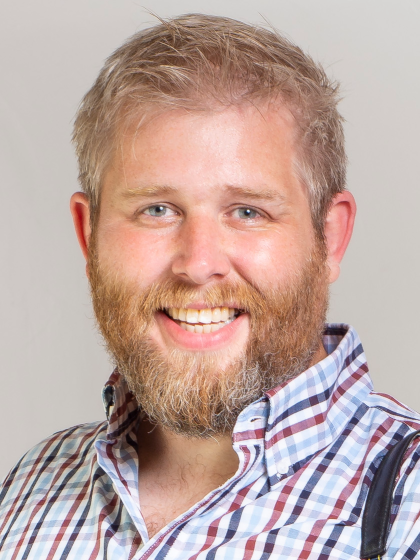
Contact
Functie
Assistant Professor in Physical Geography
Survey Methodology for the Social Sciences,
Qualitative Data Analysis (e.g. via Atlas.ti),
Social Network Analysis (including basics of statistical modelling via ERGM and SAOM)
Qualitative Data Analysis (e.g. via Atlas.ti),
Social Network Analysis (including basics of statistical modelling via ERGM and SAOM)
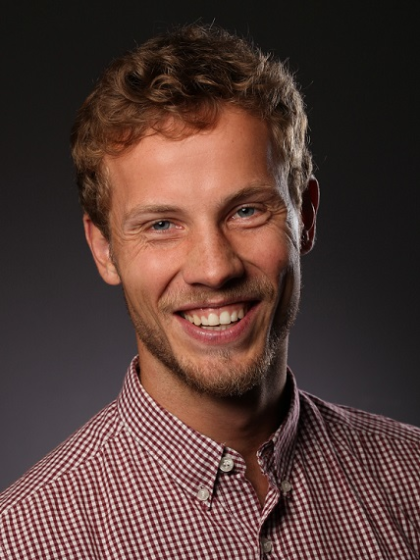
Contact
m.mallow rug.nl
Functie
PhD candidate and Early Stage Researcher (ESR) in i-CONN ITN
Ik ben een stedelijk onderzoeker en mensenrechtenactivist wiens werk ruimtelijk onderzoek verbindt met veldgerichte actie. Mijn focus ligt op het digitaliseren van ervaringen en verhalen van burgers op kaarten, waarbij ik deskundige ruimtelijke analyse... lees meer
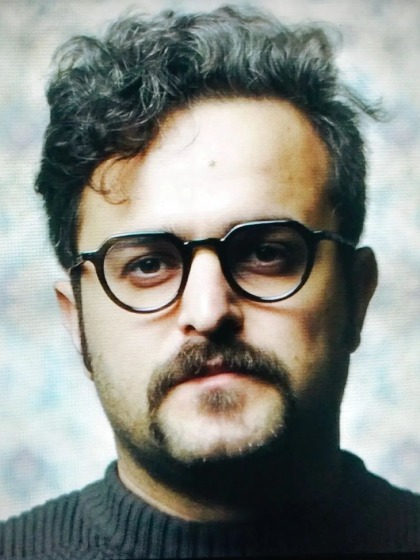
Contact
s.mansournia rug.nl
Functie
Promovendus Ruimtelijke Wetenschappen - In Kurdish: خوێندکاری دوکتورای زانستی مەکانی
Vakgebied
Regional Economics, Applied Econometrics, Economic and Political Geography, Social and Spatial Inequalities, Digital Divides
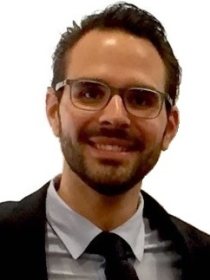
Contact
Functie
Universitair Docent
Dood studies, Rituele studies, Geografie van de religie, Psychologie van de religie. Ik ben beschikbaar voor het begeleiden van PhDs in deze onderzoeksvelden.
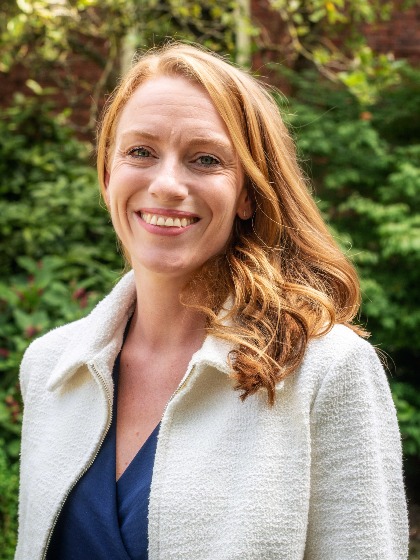
Contact
Functie
Universitair Hoofddocent Geografie en Psychologie van de Religie; Vice-Decaan en Directeur Onderwijs
Vakgebied
Climate Adaptation

Contact
e.j.mayhew rug.nl
Functie
Junior Officer Global Center on Adaptation
Thema's: plaatsverbondenheid, home-making, welbevinden, mobiliteit, gezondheidsvaardigheden, leefgemeenschappen
Participanten: ouderen, mensen die een beroerte hebben gehad
Methodologie: kwalitatief onderzoek, participatieve benadering, geografische... lees meer
Participanten: ouderen, mensen die een beroerte hebben gehad
Methodologie: kwalitatief onderzoek, participatieve benadering, geografische... lees meer
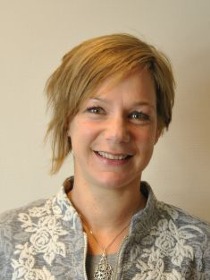
Contact
Functie
Hoogleraar Gezondheidsgeografie
Vakgebied
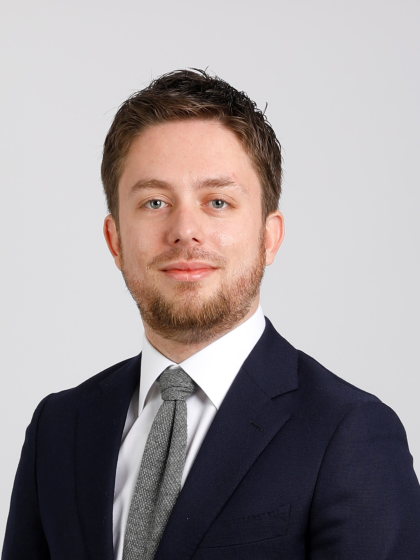
Contact
Functie
Junior onderzoeker
Vakgebied
RUG Maps, Geografie, GIS, Ruimtelijke Informatie, Smart Buildings
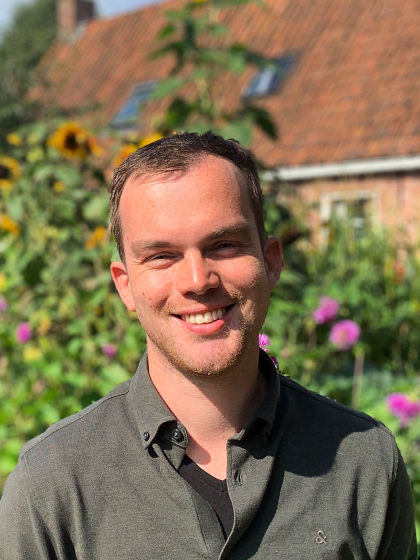
Contact
Functie
Programmamanager Smart Buildings & IT Consultant
Alledaagse plaatsen en ervaringen van in- en uitsluiting; stedelijke studies; studies over handicaps. Gebruik van kwalitatieve methodologieën (bijv. interviews, meeloopinterviews en etnografische methoden) en participatieve methoden (bijv. participatief... lees meer

Contact
j.munuera.garcia rug.nl
Functie
Promovendus
Migratie, jongeren en erfgoed, met bijzondere aandacht voor de manier waarop migratie lokale identiteiten en het gevoel van verbondenheid in perifere regio's hervormt.
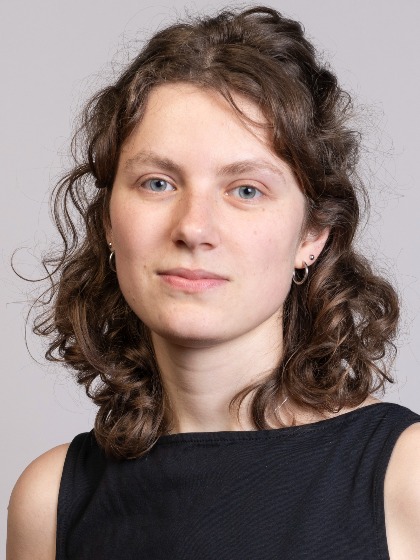
My PhD research is part of the Fertile Soils project, where researchers of several universities and institutions are working on. The Fertile Soils project aims to strengthen the relation between rural and urban areas, taking into account current... lees meer
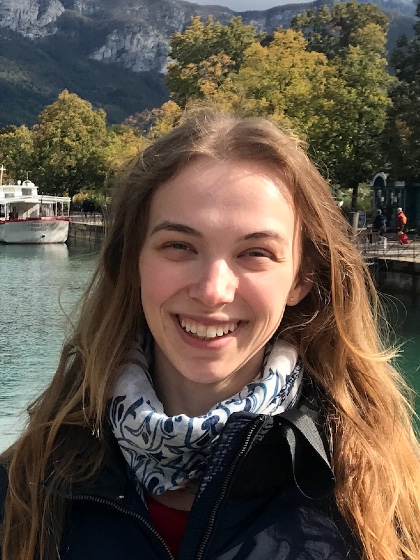
Belichaming, mobiliteit, technologie, digitale geografieën, methoden.
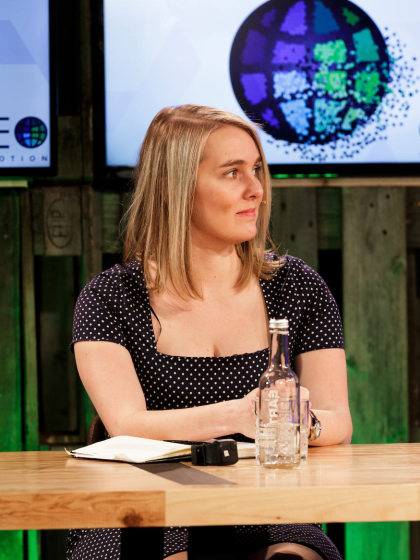
Contact
Functie
Onderzoeker & universitair docent
My research examines how evolving governance structures shape urban planning and property markets. I analyze planning regulations and property market dynamics to uncover the forces influencing residential property investment and development. Additionally,... read more
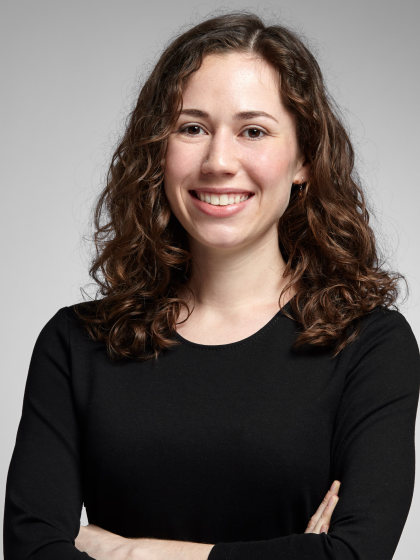
Contact
Functie
Assistant Professor of Urban Planning
Migration; Migrant Wellbeing & Integration; Population Growth; Rural & Urban development; Sequence Analysis; Spatial Analysis;
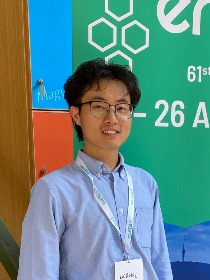
Rural-urban resettlement, aging in place, perspectives and practices of death and dying, social contact

Contact
Functie
PhD student

Contact
Functie
Emeritus (sinds 1-6-2012) Hoogleraar Economische Geografie
Vakgebied
Creative City; Gentrification; Housing; Right to the City; Social Justice; Walking Interviews
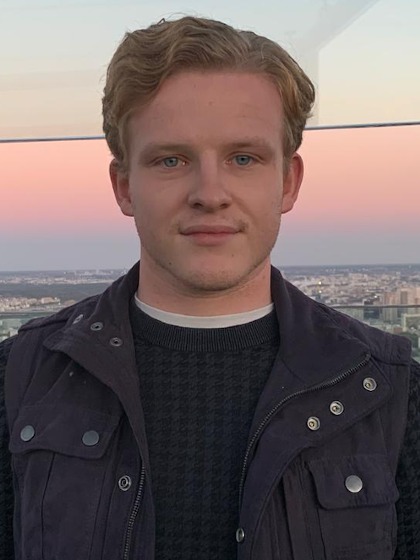
Contact
b.f.popken rug.nl
Functie
Lector Human Geography & Planning
Vakgebied
Transport & mobiliteit
Regionale ontwikkeling
Eurovisiesongfestival
Regionale ontwikkeling
Eurovisiesongfestival
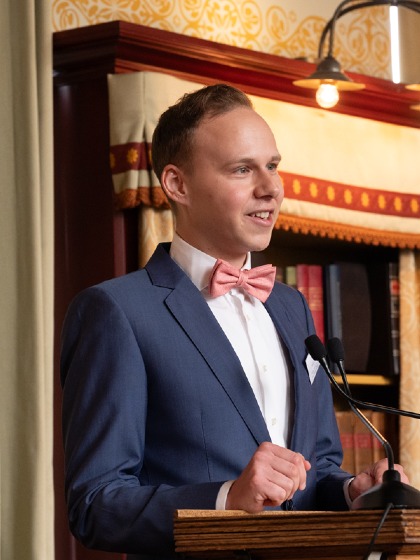
Contact
Functie
Universitair Docent
Research expertise: Multi-scale social networks as drivers of climate change impacts & socio-environmental inequalities; stakeholder networks as supportive mechanisms for improving environmental governance outcomes (e.g. social learning,... lees meer

Contact
Functie
Associate Professor in Networks, Sustainability, and Human Dimensions of Environmental Change
GIS, Geospatial modeling and analysis, Context-aware spatial computation, Urban informatics, Volunteered geographic information, Location-based social networks, Geosocial analysis, Network analysis
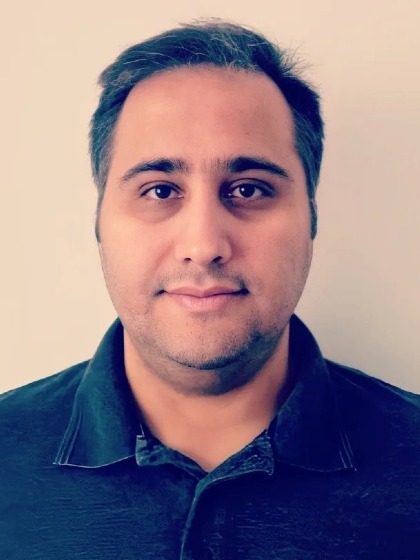
Contact
mahdi.rahimi rug.nl
Functie
Postdoctoraal Onderzoeker
Arctic bird ecology, human geography, science and technology studies, nature conservation policy, post-humanism

Contact
Functie
PhD student

Contact
Functie
Assistent Professor GIS, Spatial Analysis, and Planning Methods
Mobility hubs; multimodal integration; rural accessibility
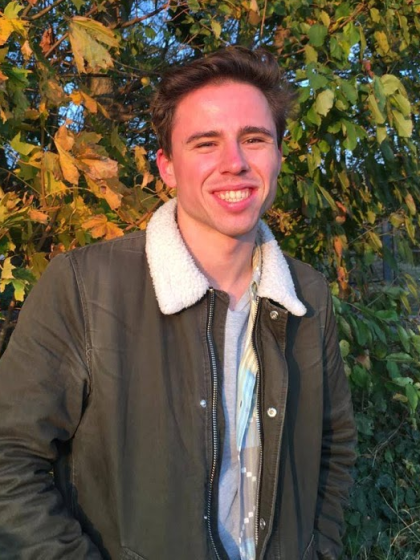
Contact
Functie
PhD Candidate
Vakgebied
Plattelandsontwikkeling
Community Development
Culturele Geografie
Sociale Exclusie
Community Development
Culturele Geografie
Sociale Exclusie
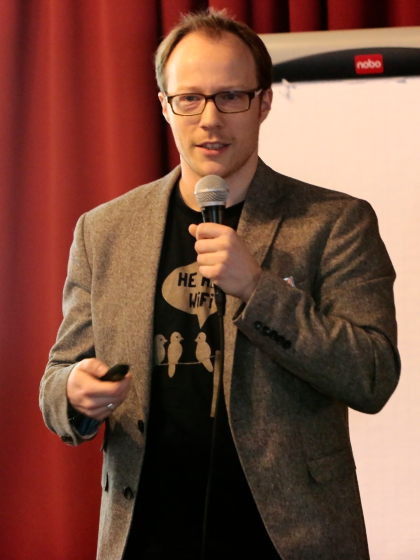
Contact
Functie
Assistant Professor (ius promovendi)
Vakgebied
Data management
Mobility
Health geography
Mobility
Health geography
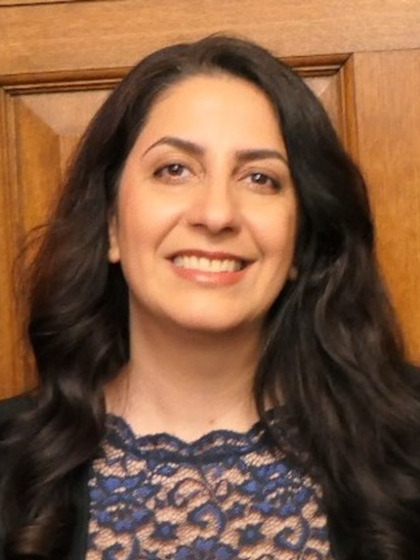
Contact
Functie
Data steward
place attachment, spiritual and cultural tourism, well-being, spiritualities and sacred sites in Japan, critical research methods
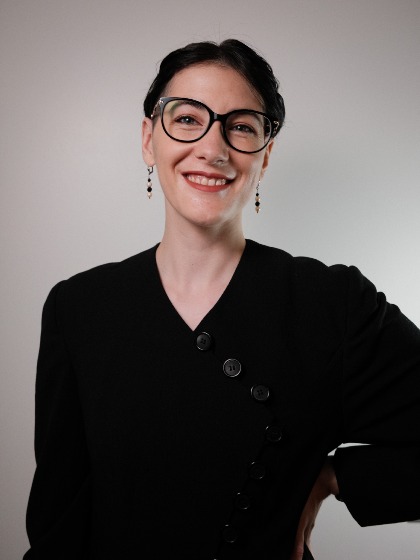
Contact
Functie
Promovendus
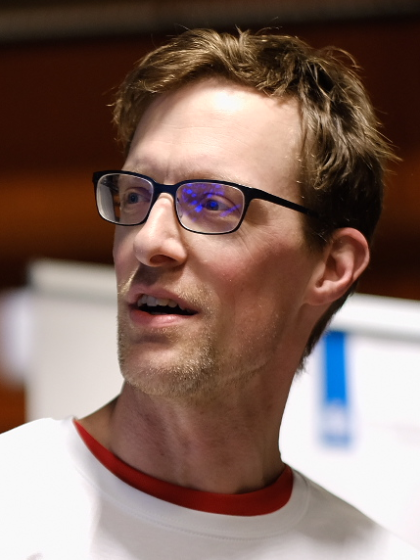
Contact
Functie
Hoofd Geodienst
Climate Change Adaptation
Environmental Governance
Sustainability and Energy System Transformation
Digital Innovation
FinTech Innovation and Climate Finance
Environmental Governance
Sustainability and Energy System Transformation
Digital Innovation
FinTech Innovation and Climate Finance
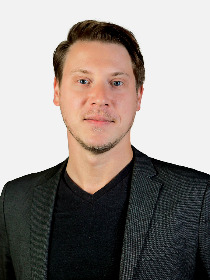
Contact
k.a.schulz rug.nl
Functie
Assistant Professor
Innovation diffusion, Relatedness, Spatial analysis
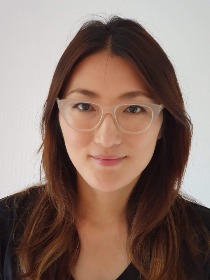
Prof. Yuli Shan is a Professor in Sustainability at the University of Birmingham.
Please visit shanyuli.com and Birmingham webpage for more information.
Please visit shanyuli.com and Birmingham webpage for more information.
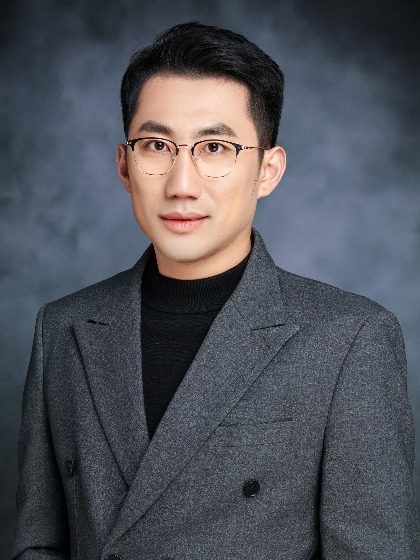
Contact
y.shan rug.nl
Functie
Affilated Professor
Waardering natuur en landschap; Economie en ruimte; Vastgoed en groen; Evaluatie van economie versus ecologie; Maatschappelijke Kosten-Baten Analyse, Multi-Criteria Analyse
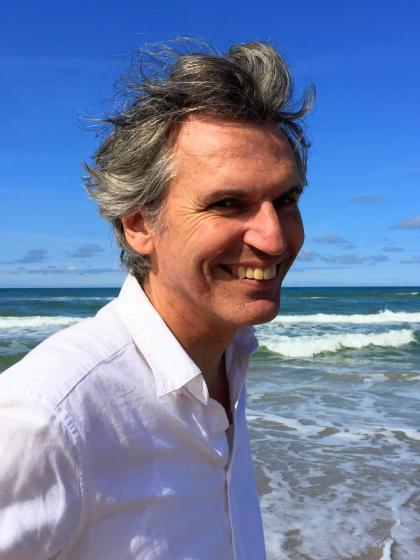
Contact
Functie
Directeur Rudolf Agricola School voor Duurzame Ontwikkeling / Universitair Hoofddocent Faculteit Ruimtelijke Wetenschappen
Economic Geography, Mixed Methods / Multimethodology, Strategy, Entrepreneurship, Innovation, Clusters, Geography of Innovation, Business Networks, Institutions

Contact
Functie
Assistant Professor Innovation Management & Strategy
Mansholt leerstoel
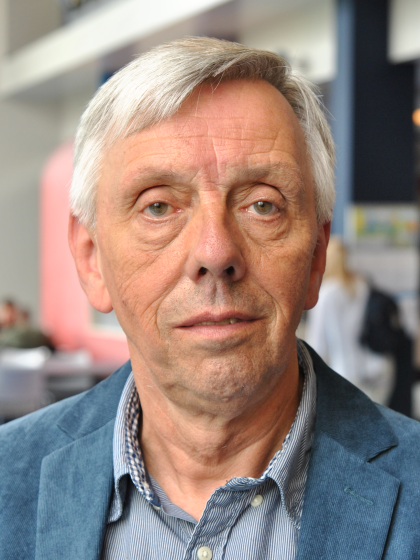
Contact
Functie
em. Hoogleraar Plattelandsontwikkeling (Faculteit Ruimtelijke Wetenschappen, Mansholtleerstoel voor Plattelandsontwikkeling)
Biodiversity, Global trade, Conservation Biology
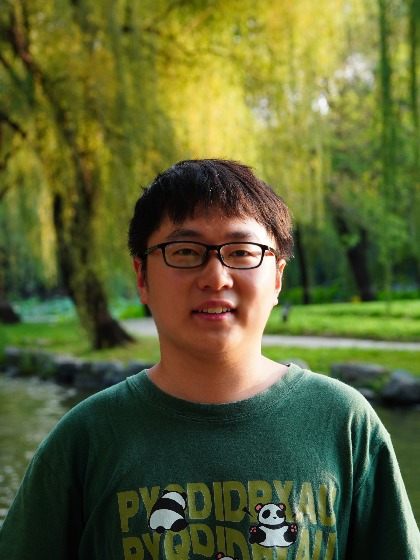
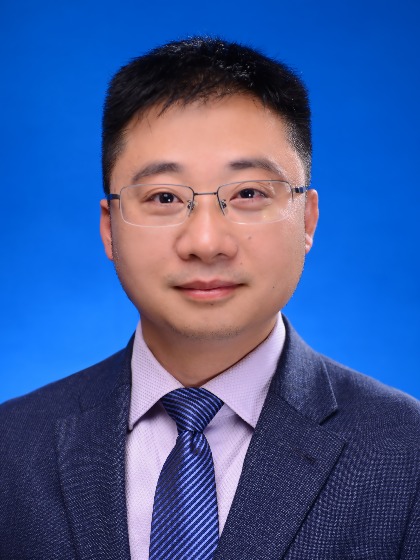
Contact
yong.tang rug.nl
Functie
PhD student
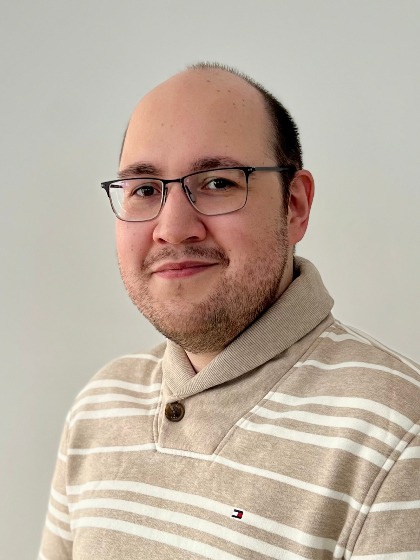
Binnen mijn hoogleraarschap richt ik me op onderzoek naar de (beleefde) bereikbaarheid en de mobiliteitspatronen van inwoners van landelijke gebieden. Meer specifiek zijn zijn er drie onderzoekslijnen binnen de leerstoelgroep: 1) beleving van... lees meer
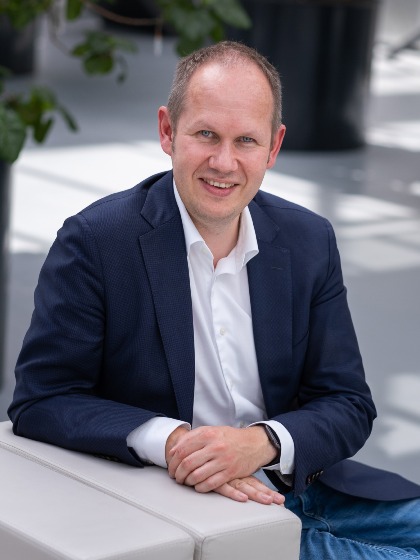
Contact
Functie
Bijzonder hoogleraar Transportgeografie
Vakgebied
My research focuses on resilient and sustainable communities and place-making with an emphasis on the role and relevance of collective action (citizen initiatives, participatory governance but also protest movements/dissent). The themes I have recently... lees meer
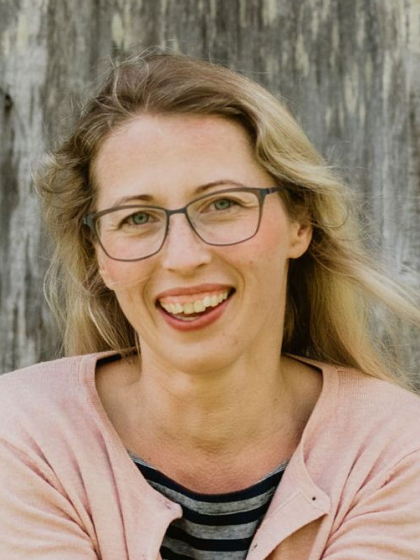
Contact
Functie
Associate Professor Resilient and Sustainable Communities
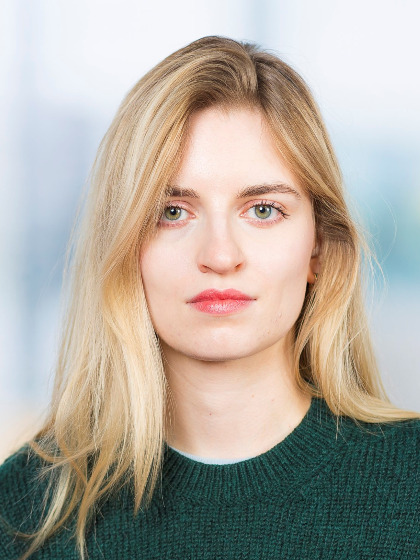
I am an assistant professor of environmental planning at the Department of Spatial Planning and Environment, Faculty of Spatial Sciences. My main research and teaching interests are situated in the broadly defined field of political ecology with empirical... read more
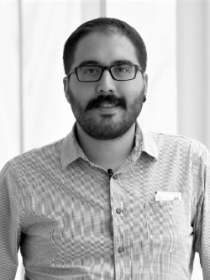
Contact
Functie
Assistant Professor of Environmental Planning
Ik ben een cultureel geograaf / sociaal planoloog, werkzaam als universitair docent-onderzoeker bij de afdeling Spatial Planning & Environment van de Faculteit Ruimtelijke Wetenschappen. Ik richt me op de interacties tussen kunst, cultuur en... lees meer
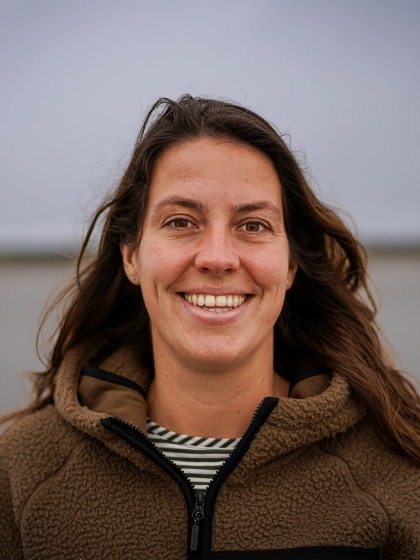
Contact
Functie
Assistant Professor
Prof Frank Vanclay has a personal chair as a professor of social impact assessment and management. He is included in the 2023 Stanford University listing of the world’s top 2% of scientists and is a leading authority in the field of social practice/social... lees meer
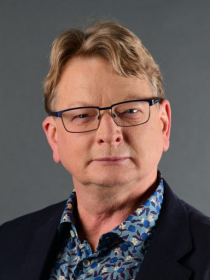
Contact
frank.vanclay rug.nl
Functie
Hoogleraar Culturele Geograpfie
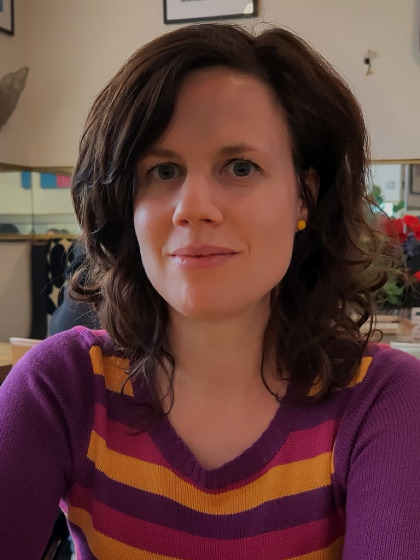
Contact
d.vos rug.nl
Functie
Universitair docent ruimtelijke analyse
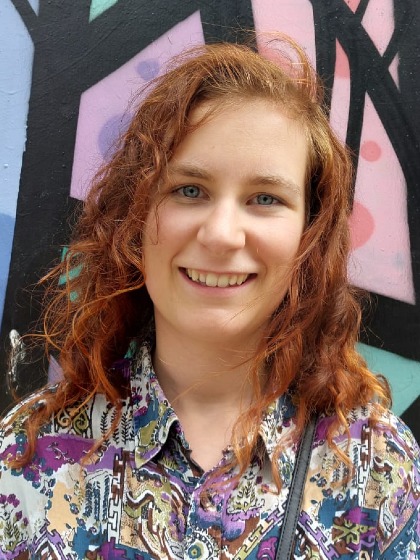
Environmental Psychology, Group Processes, Social Identity, Socio-spatial dynamics.
Teaching: Mentor Academic Skills and Research Practicum.
Research interests: I am particularly interested in how group factors can drive collective action in response to... read more
Teaching: Mentor Academic Skills and Research Practicum.
Research interests: I am particularly interested in how group factors can drive collective action in response to... read more

Contact
c.j.walker.clarke rug.nl
Functie
PhD Candidate - Environmental Psychology
Vakgebied
Research Topic: The dynamics of territorial networks in ‘Culture-led Village Revitalisation’ in China: Towards more inclusive and collaborative Endogenous Rural Development

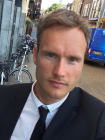
Contact
Functie
Universitair Hoofddocent
Als onderzoeker ben ik geinteresseerd in de sociale en ruimtelijke gevolgen van hedenhdaagse sociaal-economische en beleidsveranderingen. Mijn expertise is met name gelegen in de volgende domeinen, en de raakvlakken daartussen:
- Volkshuisvesting-... lees meer
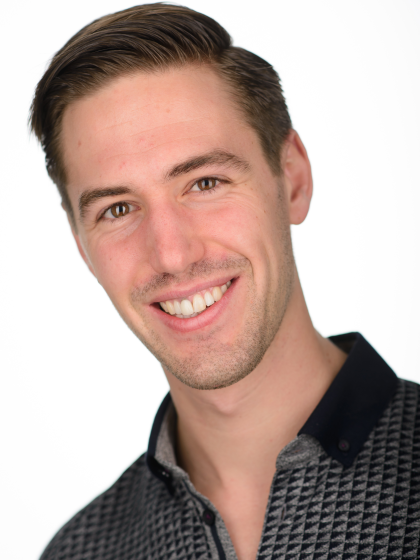
Contact
Functie
Universitair Docent (UD)
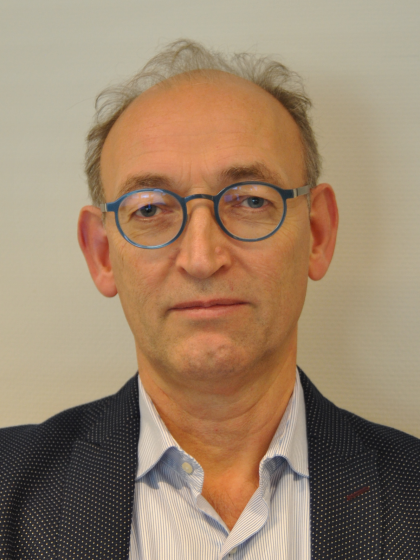
Contact
Functie
Hoogleraar Economische Demografie
Vakgebied
Travel Behaviour, Public Transport, Transit Service Disruption, Quantitative Analysis
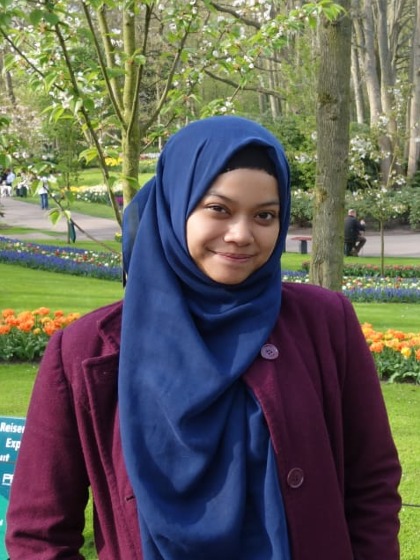
Contact
i.yusfida rug.nl
Functie
PhD Student
View this page in: English
